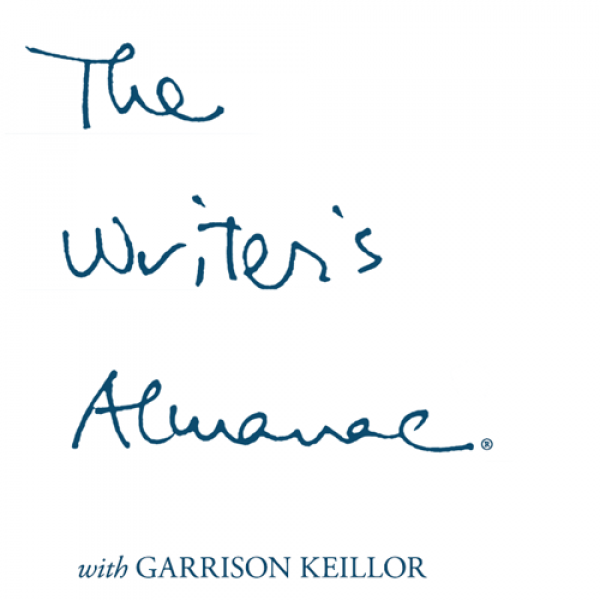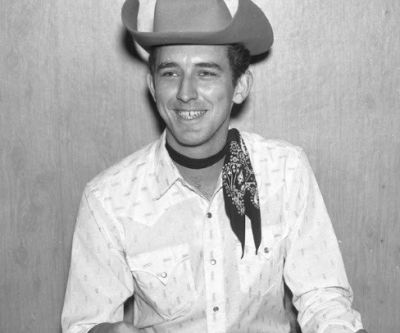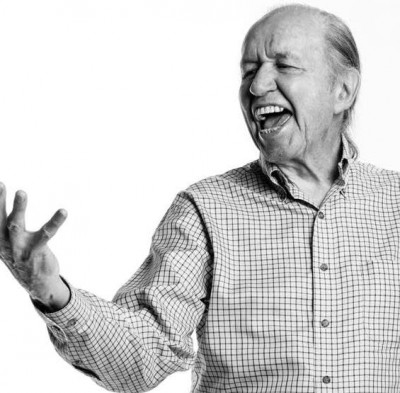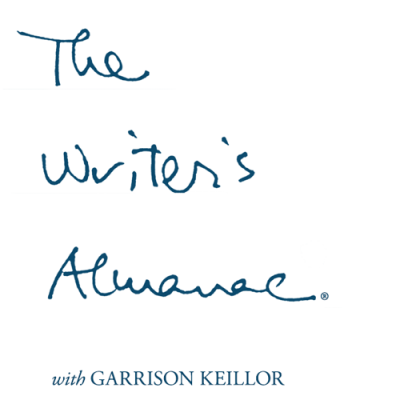December 20, 2018
Tuesday
8:00 p.m.
Minneapolis, MN
Test schedule
A live performance with Robin and Linda Williams at the Cedar Cultural Center
May 20, 2018
Sunday
3:00 p.m.
Lexington, MA
Lexington, MA
A live performance at the Saenger Theatre
April 10, 2018
Tuesday
8:00 p.m.
Tulsa, OK
Tulsa, OK
A live performance at the Brady Theater
March 17, 2018
Saturday
8:00 p.m.
Long Beach, CA
Long Beach, CA
A live performance at the Carpenter Performing Arts Center
March 15, 2018
Thursday
7:00 p.m.
Mobile, AL
Mobile, AL
A live performance at the Saenger Theatre
“I started Early – Took my Dog –” by Emily Dickinson. (buy now)
I started Early – Took my Dog –
And visited the Sea –
The Mermaids in the Basement
Came out to look at me –
And Frigates – in the Upper Floor
Extended Hempen Hands –
Presuming Me to be a Mouse –
Aground – opon the Sands –
But no Man moved Me – till the Tide
Went past my simple Shoe –
And past my Apron – and my Belt
And past my Boddice – too –
And made as He would eat me up –
As wholly as a Dew
Opon a Dandelion’s Sleeve –
And then – I started – too –
And He – He followed – close behind –
I felt His Silver Heel
Opon my Ancle – Then My Shoes
Would overflow with Pearl –
Until We met the Solid Town –
No One He seemed to know –
And bowing – with a Mighty look –
At me – The Sea withdrew –
It’s the birthday of Allen Ginsberg (books by this author), born in Newark, New Jersey (1926). When he was 17, his freshman year at Columbia University, Ginsberg was introduced to Jack Kerouac and William S. Burroughs. Kerouac and Burroughs were older, no longer in school, experimenting with drugs, and trying to write. Ginsberg later said they encouraged him to think for himself and to worry less about conforming. When he was 28, he moved to San Francisco, where he was introduced to the poetry scene by Kenneth Rexroth, and he began working on a poem that would later be called “Howl,” a poem in which the length of a line was based on how much he could say in one breath. Today it is one of the most recognized poems in literature and has sold nearly one million copies.
Ginsberg read a draft of “Howl” at the now-famous Six Gallery, on an October night in 1955. Another poet who was there that night said the crowd left “standing in wonder, or cheering and wondering, but knowing at the deepest level that a barrier had been broken, that a human voice and body had been hurled against the harsh wall of America …” The next day, Ginsberg received a telegram from the Lawrence Ferlinghetti of City Lights Press, who’d attended the reading: “Please send manuscript,” it said.
Howl and Other Poems was published the following year (1956); one year later, the publisher and the manager of a bookstore who sold the collection to a couple of undercover cops stood trial for obscenity. Most of the country had never heard of Allen Ginsberg, but the huge sensation the trial caused — including a story in Life magazine— ensured that they would. Other poets, critics, and scholars testified on the poem’s behalf, explaining for the judge how and why the work was significant. The judge returned a landmark ruling, noting that although he himself was a “God-fearing Sunday school teacher,” he recognized that the poem had redeeming social importance. He wrote: “Would there be any freedom of press or speech if one must reduce his vocabulary to vapid innocuous euphemism?”
“Howl” begins with the famous lines:
I saw the best minds of my generation destroyed by
madness, starving hysterical naked,
dragging themselves through the negro streets at dawn
looking for an angry fix,
angelheaded hipsters burning for the ancient heavenly
connection to the starry dynamo in the machin-
ery of night
It’s the birthday of the writer who put sex in the romance novel: Kathleen Woodiwiss (books by this author), born Kathleen Erin Hogg in Alexandria, Louisiana (1939). She submitted her first novel to eight publishers and was rejected by them all — until an editor at Avon picked her manuscript up off the slush pile and couldn’t put it down. Although romance novels had existed since the 1700s, and historical romance novels had been around since the 1920s, Woodiwiss became famous for following her characters into the bedroom. Romances until then had relied mostly on chaste kisses or sly euphemisms, but Woodiwiss wrote explicit descriptions of sex. She also featured strong willed women that went against the damsel-in-distress prototype. The success of her 500-page book, The Flame and the Flower (1972) transformed the genre and was the first romance novel to be published first in paperback rather than hardcover.
It’s the birthday of author Larry McMurtry (1936) (books by this author), born in Wichita Falls, Texas, and raised in nearby Archer City. His hometown is about 80 miles from the town of Thalia, which is the setting for several of McMurtry’s novels, like his first, Horseman, Pass By (1961), as well as Leaving Cheyenne (1963) and The Last Picture Show (1966) and its four sequels. He writes a lot about small-town life in Texas, and sometimes he writes historical novels about the frontier, like his Pulitzer Prize-winning epic Lonesome Dove (1985), although he strongly resists romanticizing the Old West and doesn’t hold a very high opinion of cowboys in general.
In the early 1960s, when he was at Stanford on a Wallace Stegner fellowship, he began working as a rare-book scout, haunting used-book stores in search of first editions and other valuable books, which he would buy on behalf of antiquarian booksellers. It was a great job for a bookish kid who liked to hang around and browse the shelves, and when he moved to Washington, D.C., in 1970, he opened his own store in Georgetown, called Booked Up. In 1988, he opened a second Booked Up in his hometown of Archer City, in four large buildings that once housed a car dealership. He bought up the stock of failing independent bookstores all over the country, and he filled the towering white shelves with hundreds of thousands of volumes.
He doesn’t see his current vocations — author and bookseller — as entirely different from his cattle-ranch roots. He told The New York Times: “The tradition I was born into was essentially nomadic, a herdsmen tradition, following animals across the earth. The bookshops are a form of ranching; instead of herding cattle, I herd books. Writing is a form of herding, too; I herd words into little paragraphlike clusters.” He occasionally talks about giving up fiction, but he’ll never give up the bookstores.






